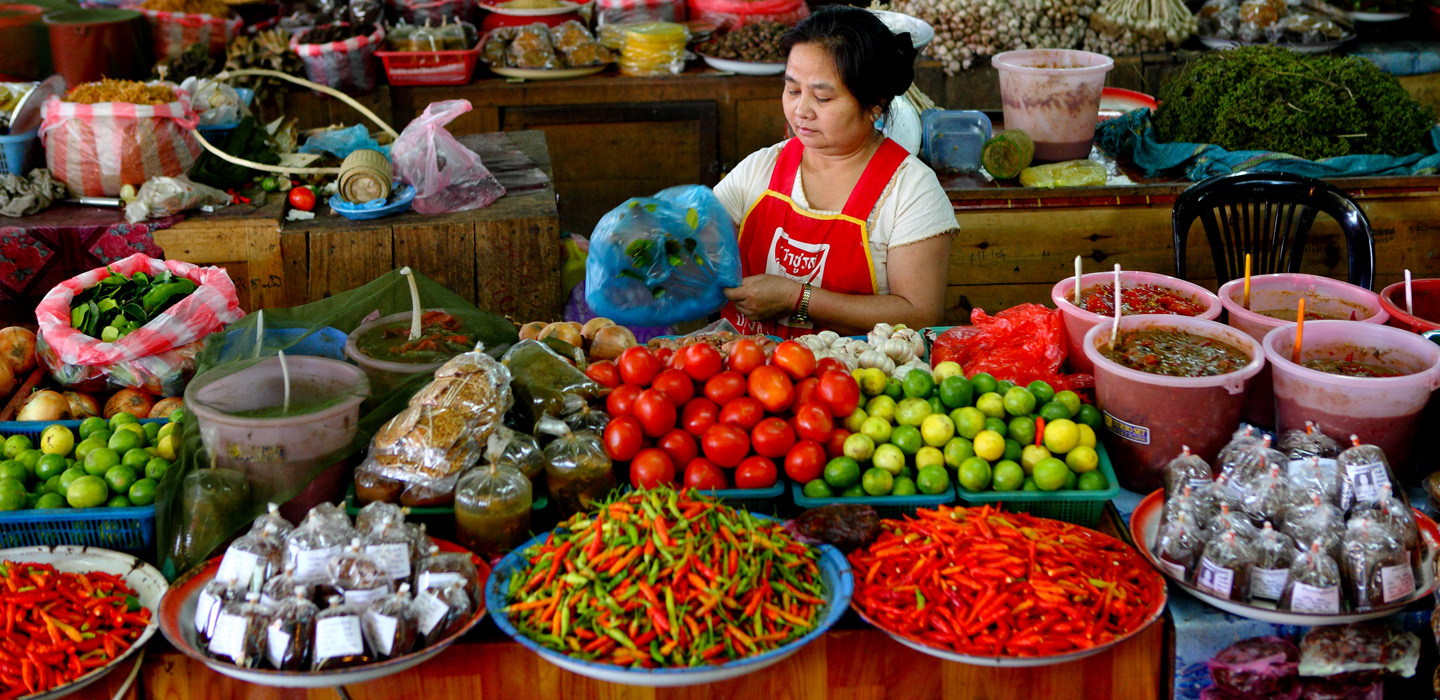Multilateral organizations
Multilateral organizations banner

Multilateral organizations
Multilateral organizations
Scaling up our impact
As a UN Specialized Agency, IFAD partners with a wide range of multilateral organizations for knowledge generation and sharing, advocacy and engagement around inclusive pro-poor policies, and collaboration and cofinancing of investment projects.
Working with a diverse group of multilateral partners allows IFAD to leverage their capacity to promote and finance rural transformation.
Beyond the UN System, our partners include multilateral development banks and international financial institutions, such as the African Development Bank, the Islamic Development Bank, the OPEC Fund for International Development and the World Bank. IFAD also works with regional organizations such as ASEAN, COMESA, ECOWAS, the European Union and Mercosur; multilateral climate and environment funds, such as the GCF and GEF; and other multilateral organizations, such as the OECD.
"With the need to double food production by 2025, the world is facing a tremendous challenge to which we can only respond by investing properly in agriculture."
Andris Piebalgs, former European Union Commissioner for Development
Spotlight
Spotlight
Finance as a driver of food systems transformation: A new role for Public Development Banks?
One major obstacle to realizing sustainable and inclusive food systems is a lack of sufficient and appropriate financing. Recent estimates suggest that transforming food systems to deliver healthy people, a healthy planet, and a healthy economy will require an extra US$300 – US$350 billion per year for the next decade.
Related news
Related news
Investments in poor small-scale farmers generate significant benefits for climate and environment, says new IFAD-GEF report
Joint investments in small-scale farming in developing countries not only increase vulnerable rural people’s capacity to cope with the ever-increasing climatic and economic shocks, but significantly benefit the environment and climate by helping to reduce greenhouse gases emissions, recovering degraded land and curbing biodiversity loss, according a new joint report launched today by IFAD and the Global Environment Facility (GEF).
IFAD and African Development Bank are on a mission to boost agricultural productivity in Africa
As food security for millions of Africans continues to be impacted by rising food and fuel prices further compounded by threats of a debt crisis in some countries, the African Development Bank (AfDB) and IFAD are joining forces to address the structural problems hampering agricultural productivity in Africa through a new programme aimed at feeding Africa sustainably.
Ahead of global climate talks, public development banks join forces to boost investments in sustainable food systems
Responding to an urgent call to increase financing for the world’s poorest farmers who are hardest hit by climate change, a group of Public Development Banks (PDBs) stepped up their commitment to accelerate green investments in agriculture during today’s Finance in Common Summit.
Related publications
Related publications
The IFAD-GEF Advantage III: An integrated approach for food systems, climate and nature
This third edition of the GEF-IFAD Advantage highlights the partnership's advantages in various domains, including food systems, biodiversity, climate change adaptation and land degradation.
The Marine Advantage: Empowering coastal communities, safeguarding marine ecosystems
Agriculture and fisheries, the backbone of food security and nutrition for coastal communities and globally, are under threat.
The IFAD-GEF Advantage: Partnering for a sustainable world
In 2001, the Global Environment Facility (GEF) Council approved the International Fund for Agricultural Development (IFAD) as an executing agency under its policy of expanded opportunities for executing agencies.
